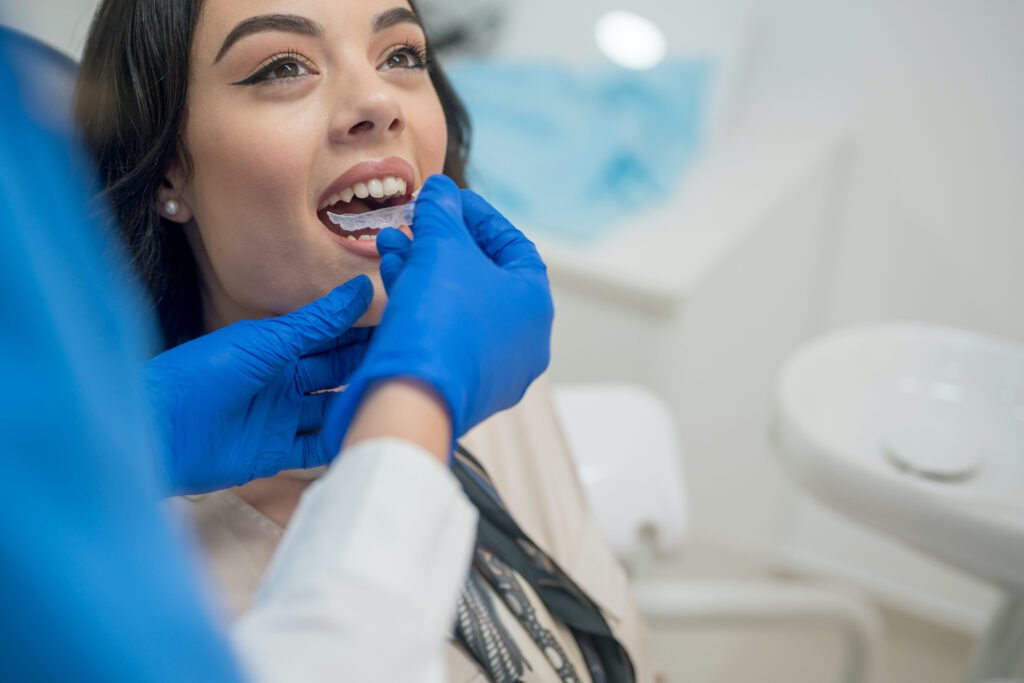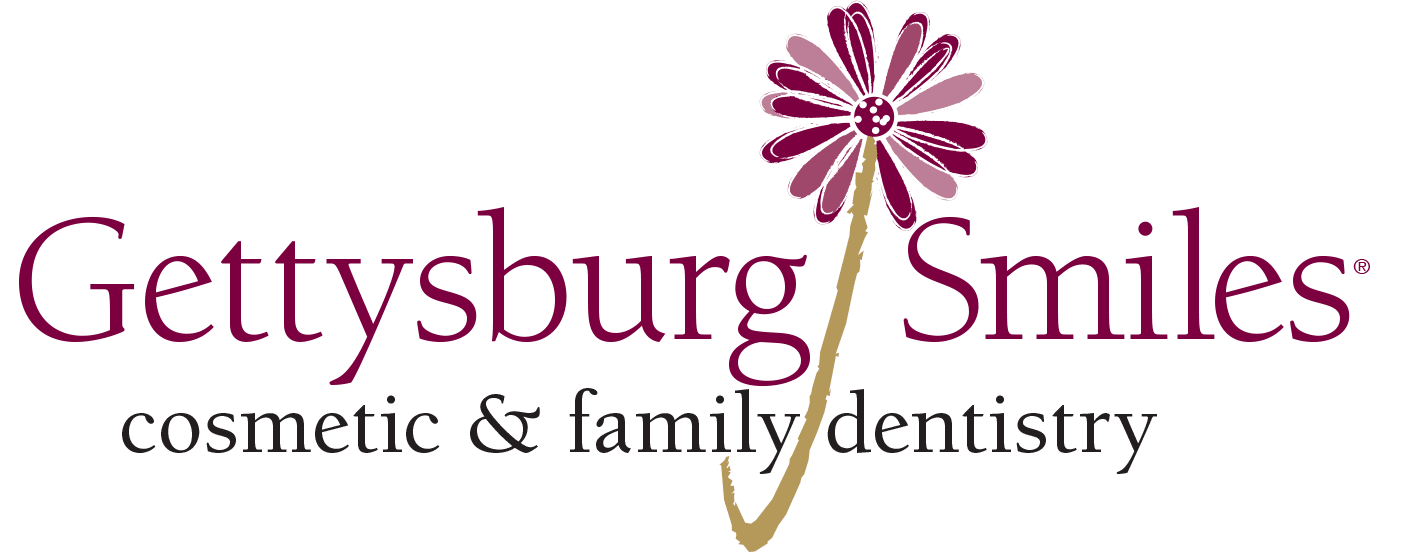Sleep apnea is a serious condition. It disrupts sleep and affects breathing. People with sleep apnea stop breathing intermittently during sleep. This can lead to various health problems. These include high blood pressure, heart disease, and stroke. Symptoms of sleep apnea include loud snoring, gasping for air during sleep, and waking up with a dry mouth. Other symptoms include morning headaches, insomnia, and excessive daytime sleepiness. Early detection and treatment is crucial to maintain oral and overall health.


The Role of Dentists in Treating Sleep Apnea
Dentists play a crucial role in treating sleep apnea and often work closely with other healthcare providers. They collaborate with sleep specialists and primary care physicians. Dentists use oral appliances to treat sleep apnea. These devices are custom-made to fit each patient’s mouth. They help keep the airway open during sleep.
Oral appliances are a good option for patients who cannot tolerate Continuous Positive Airway Pressure (CPAP) therapy. Dentists also educate patients about sleep apnea. They explain the importance of treatment and the risks of untreated sleep apnea. They provide information on lifestyle changes that can help manage the condition. These changes include losing weight, avoiding alcohol, and sleeping on one’s side.
Oral Appliance Therapy
Oral appliance therapy is a common treatment for OSA. It involves the use of a device worn in the mouth during sleep. The device helps keep the airway open. It does this by repositioning the jaw or tongue. There are different types of oral appliances. Mandibular advancement devices (MADs) are the most common. They move the lower jaw forward to keep the airway open. Tongue-retaining devices (TRDs) hold the tongue in a forward position. This prevents it from blocking the airway. Dentists custom-fit oral appliances for each patient. They take impressions of the patient’s teeth and create a model. They use this model to design the appliance. The dentist then adjusts the appliance to ensure a comfortable fit. Patients must wear the appliance every night. Regular follow-up visits are important. These visits allow the dentist to check the fit and make any necessary adjustments. Patients should also report any discomfort or changes in symptoms.
Advantages of Oral Appliance Therapy
Oral appliance therapy has several advantages. It is less invasive than other treatments. It does not require surgery or the use of a CPAP machine. Oral appliances are also easy to use. They are small, portable, and do not require electricity. Patients often find oral appliances more comfortable than CPAP machines. CPAP therapy involves wearing a mask connected to a machine. Some patients find this uncomfortable and difficult to tolerate. Oral appliances are less obtrusive and easier to adjust to. Oral appliances are also effective. Studies show they can significantly reduce symptoms of sleep apnea. They can improve sleep quality and reduce daytime sleepiness. They can also lower the risk of health complications associated with sleep apnea.
Potential Side Effects and Risks
Oral appliance therapy can have side effects. Some patients experience discomfort or pain in the jaw. Others may have dry mouth or excessive salivation. These side effects are usually temporary and can be managed. Long-term use of oral appliances can cause changes in the bite. This is because the device repositions the jaw. Regular follow-up visits with the dentist can help monitor and manage these changes. In some cases, adjustments to the appliance can prevent or correct bite changes. Patients should discuss potential side effects with their dentist. They should report any discomfort or changes in symptoms. The dentist can provide solutions to manage side effects and ensure effective treatment.
Dentists play a vital role in treating sleep apnea. They provide effective treatments and educate patients. Oral appliance therapy is a common and effective option. It offers many advantages over other treatments. Patients should work closely with their dentist. They can develop a personalized treatment plan. This can improve sleep quality and overall health.
If you struggle with sleep apnea, Gettysburg Smiles is here to help. Contact us today to schedule a consultation and learn more about your treatment options.
